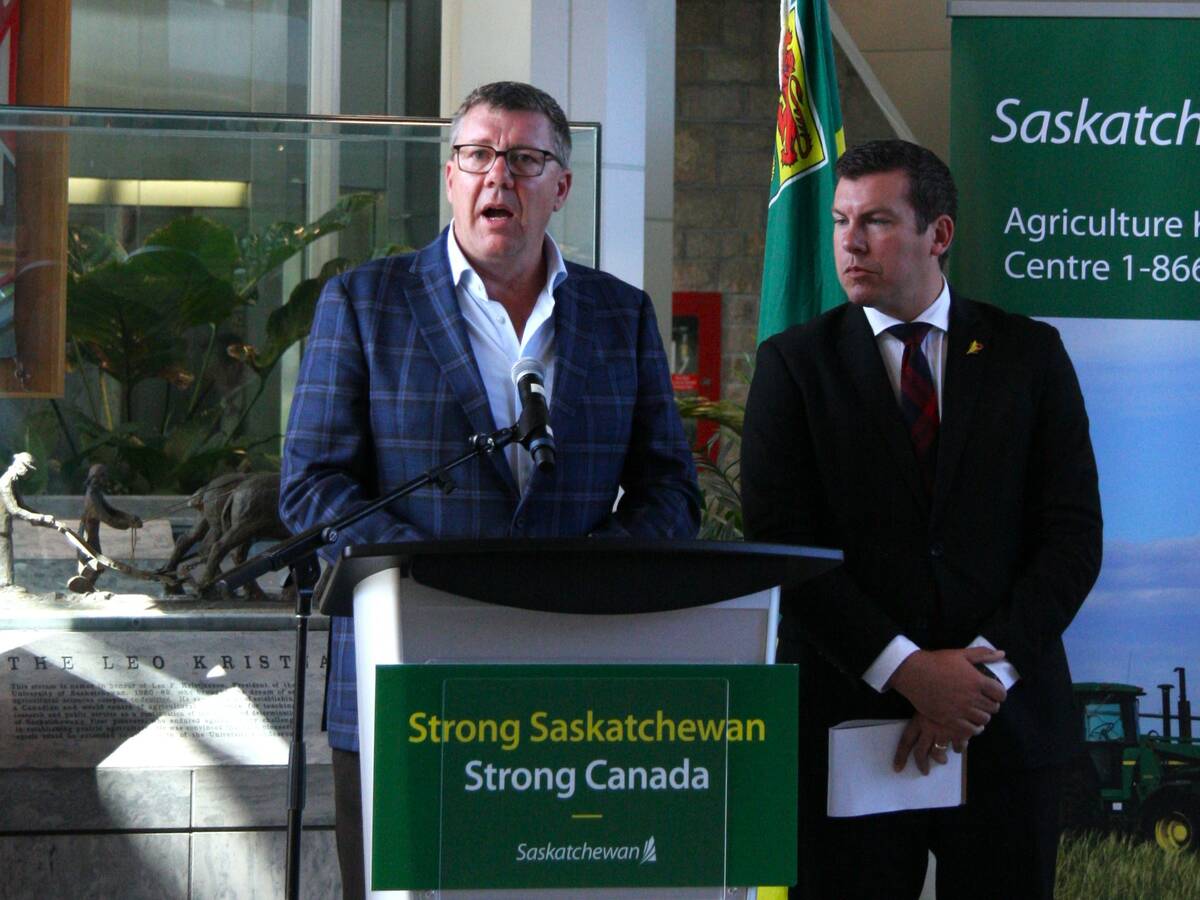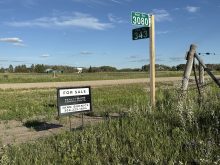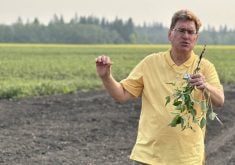A federal program is failing to encourage lenders to extend more credit to struggling hog producers, says the president of the Canadian Pork Council.
Jurgen Preugschas said participation in the Hog Industry Loan Loss Reserve Program is well below industry expectations.
As of last week, about 190 of the country’s estimated 8,000 hog producers had been approved for financing under the program.
When the loan program was unveiled last year, the industry had expected at least 10 times that many producers to participate.
Read Also

Key actions identified to address canola tariffs
Federal and Saskatchewan governments discuss next steps with industry on Chinese tariffs
“We were really quite hopeful that a significant portion of the industry would have … (participated in) the program,” Preugschas said.
“Lending institutions are quite aware of the situation that hog producers are facing across Canada … and they’ve made a choice that they’re not prepared to risk any more capital.”
Under the program, the federal government established a $400 million reserve fund to guarantee loans from private sector lenders to the hog industry.
Banks that negotiate a new financing agreement with a hog producer are guaranteed against losses in the event that the borrower defaults on repayment. However, Preugschas said private lenders are reluctant to put more money on the table.
About $200 million of the $400 million available was still available as of last week.
Government and hog industry officials had hoped banks would offer new long-term loans to cash-strapped producers, especially those who had borrowed against future revenue under the advance payments program (APP).
Gary Stordy, the pork council’s public relations manager, said 1,800 hog producers took advances worth roughly $320 million under the program.All of that money must be repaid by Sept. 30, an obligation that many producers will have trouble honouring.
The federal government has already extended the APP repayment deadline once, but it is unclear if the program will be extended again.
Last month, in an effort to allow more hog producers to secure private sector financing, Ottawa extended the application deadline under the loan program to March 26 from March 1.
Preugschas called the extension a welcome move but said it was unlikely to make a significant difference to the industry.
The bottom line is that the program is not working as designers had hoped, he added.
“Our hope would have been that on the strength of government guarantees, lenders would have been more lenient in lending to producers whose equity is basically used up,” he said.
“But what is happening is that many lenders, apparently, are still using … similar criteria as they were prior to the program being ann-ounced. Many lenders simply aren’t prepared to lend any more money to hog producers, regardless of whether there’s a government guarantee or not.”

















